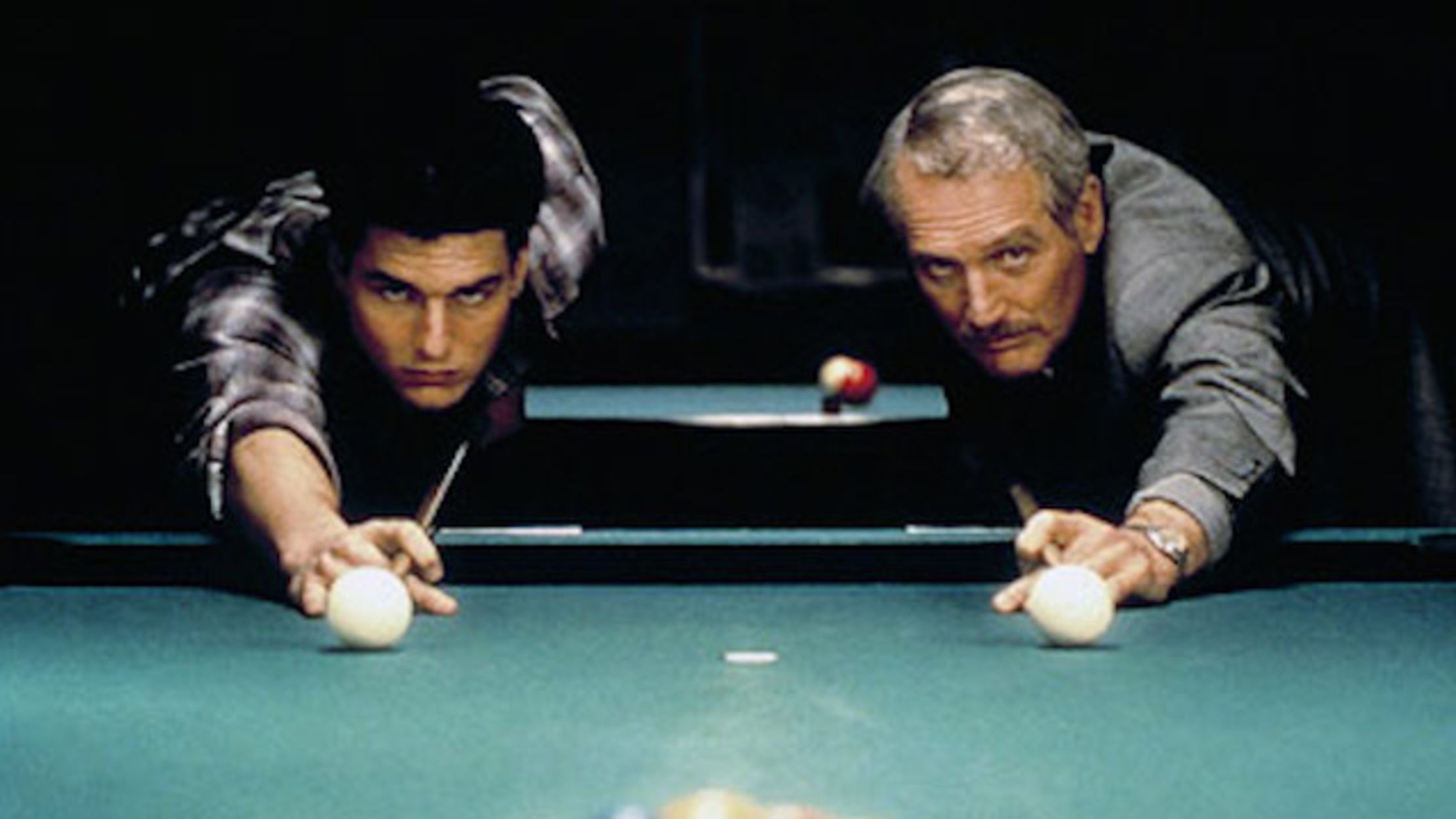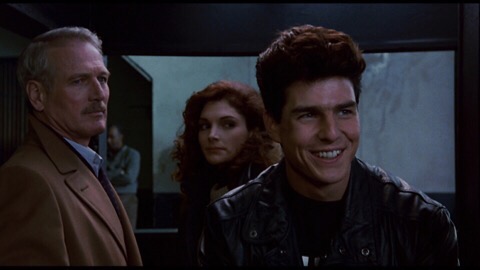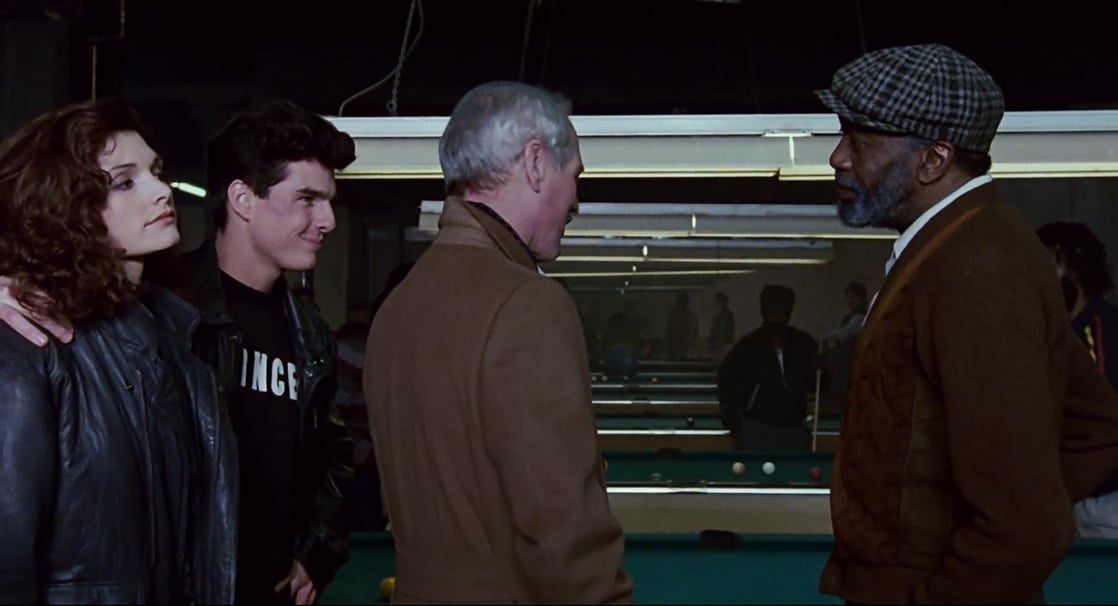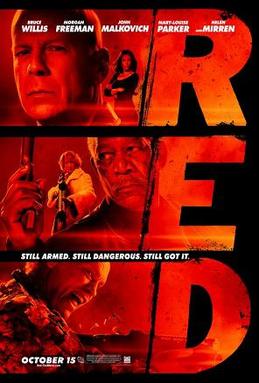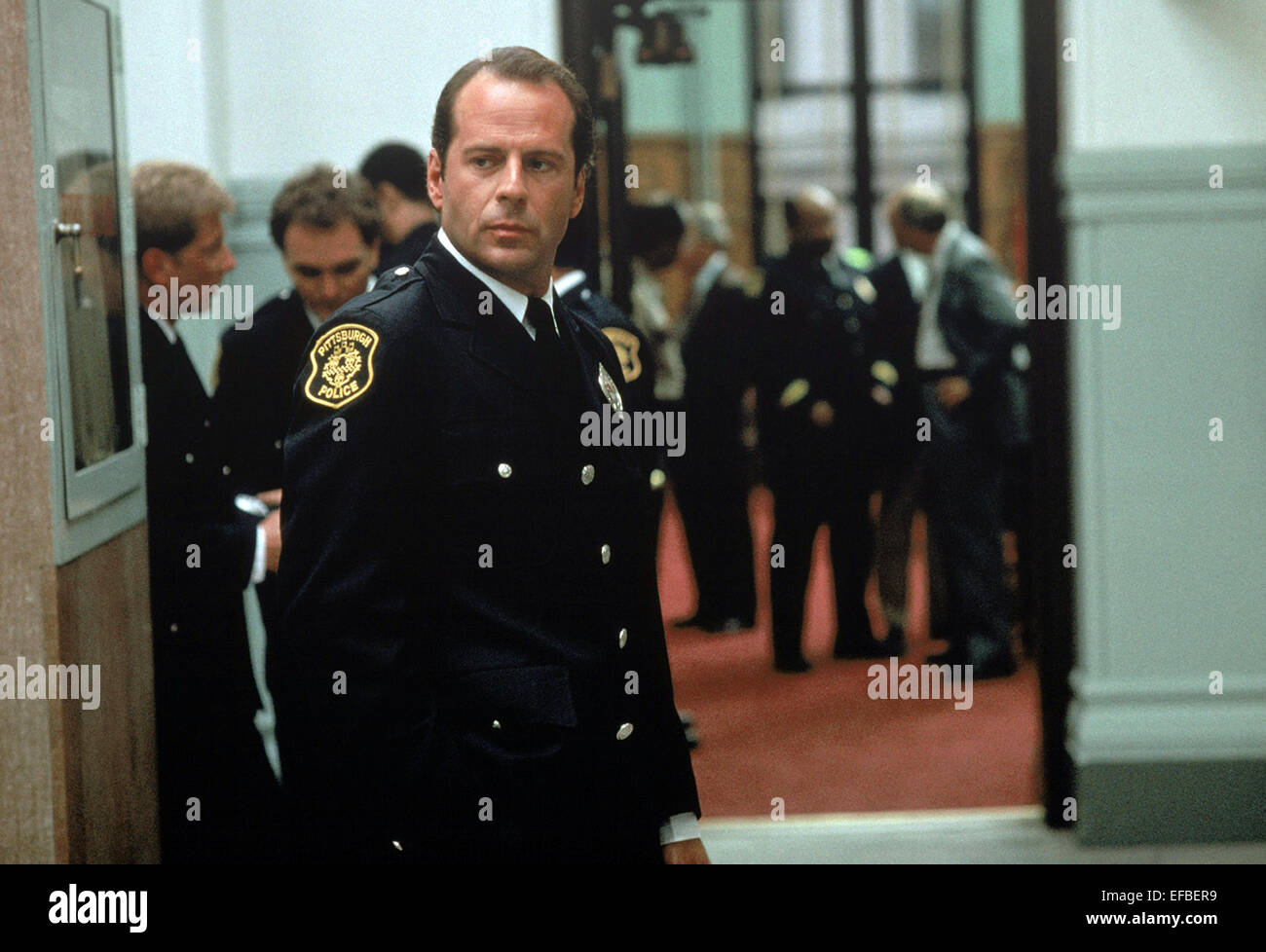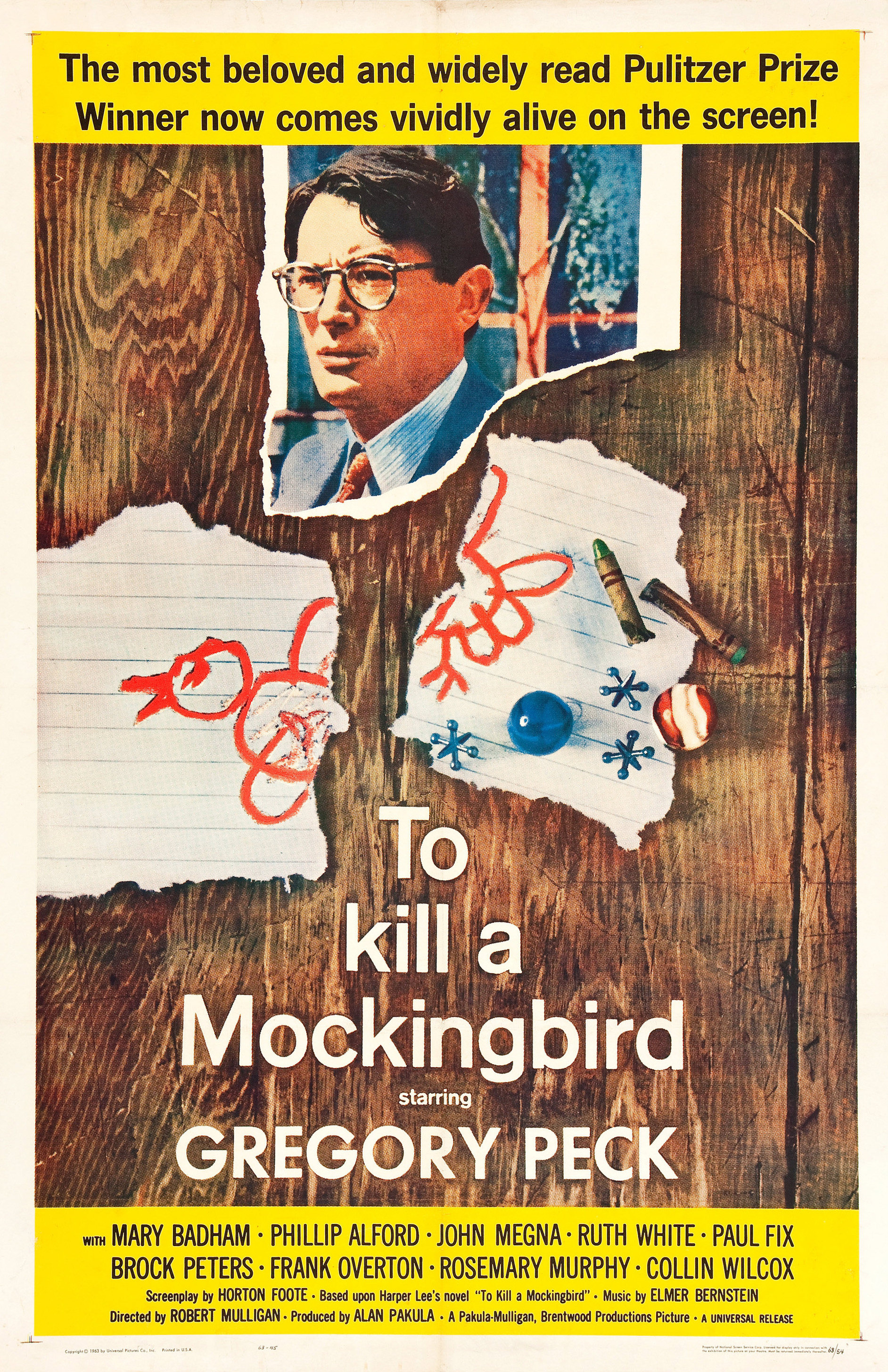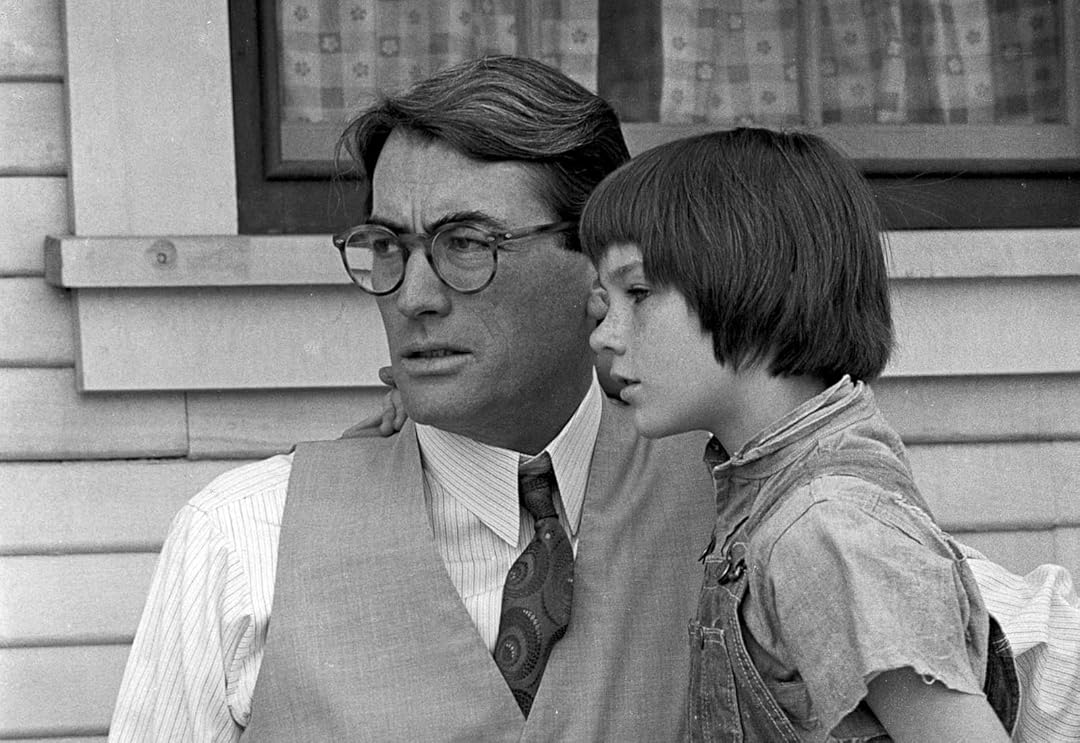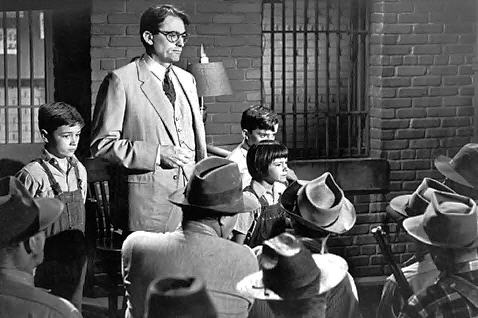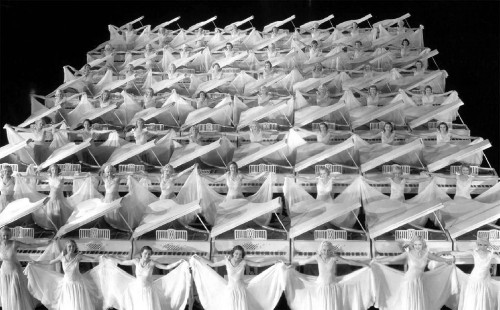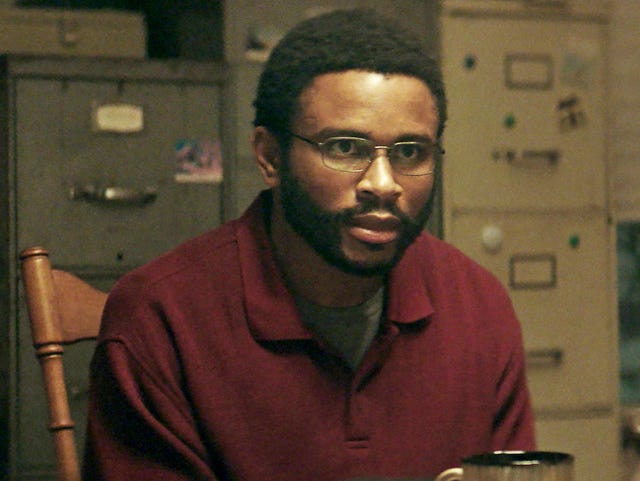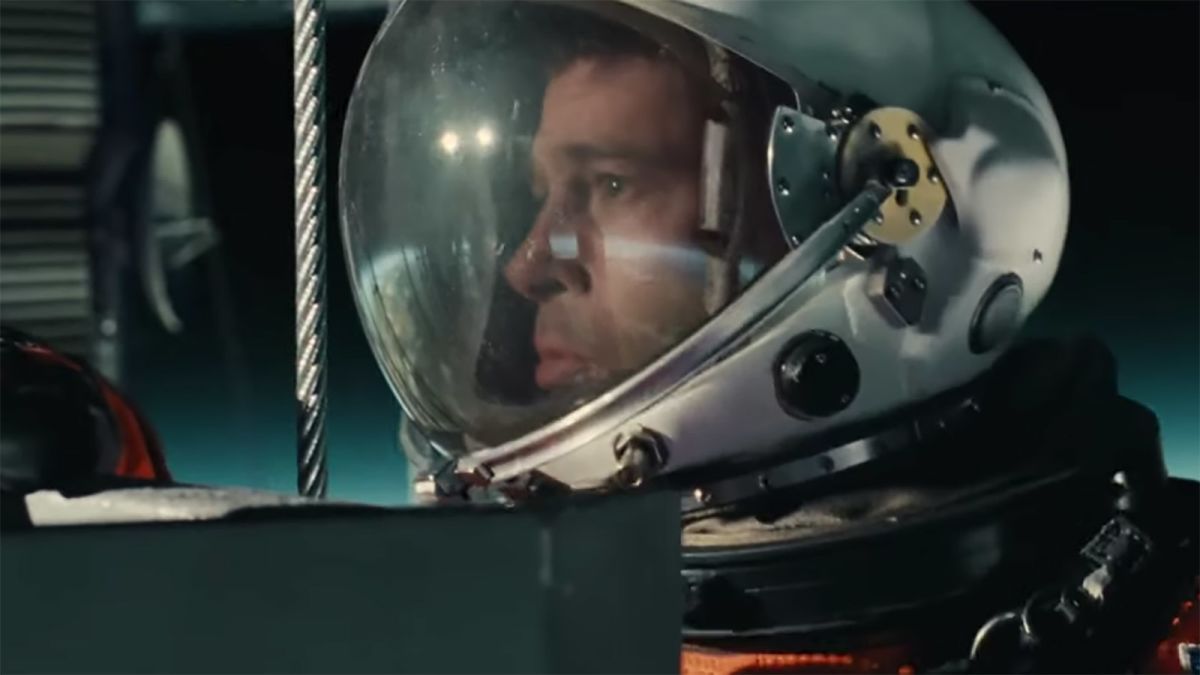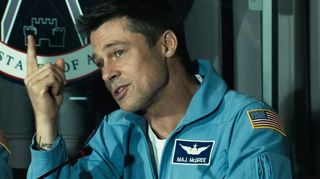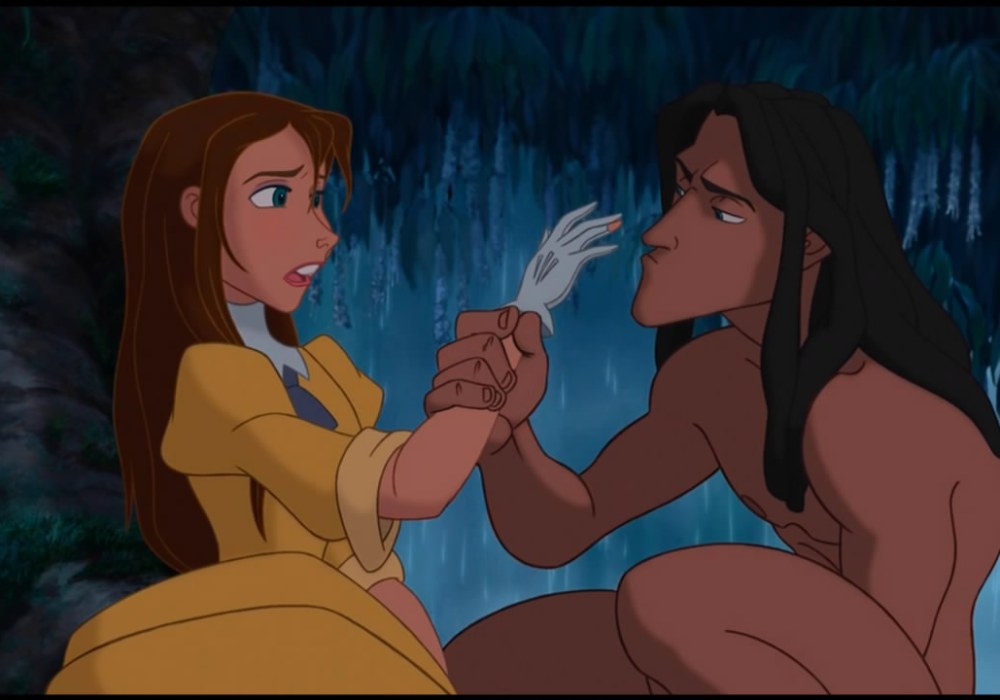The Sure Thing
In a movie decade that was all about teen comedies, 1985's The Sure Thing was a stand out piece of entertainment that works thanks to a charismatic performance by the star and a proven craftsman in the director's chair.

The story opens at a New England college right before Christmas vacation. Walter "Gib" Gibson (John Cusack) is a smart and funny loafer who can't get a date but his best friend, who is going to UCLA invites him to California, having arranged a date for him with a girl who will have sex with him, no questions asked. Allison Bradbury (Daphne Zuniga) is a tightly wound bookworm who writes down her entire life in her day planner and is planning a trip to UCLA to see her boyfriend, Jason, who is a law student there. Three guesses which two people end up hitchhiking to California together?

This sparkling romantic comedy is anchored by a smart and funny screenplay by Steve Bloom and Jonathan Roberts that actually is a contemporary re-thinking of the classic It Happened One Night where we find two people, who have absolutely nothing in common, thrown together in an impossible situation and, eventually finding romantic common ground. Yes, we know how this film is going to end about fifteen minutes in, but the journey there is so much fun and does offer a surprise or two along the way.

There are a couple of minor plot points that are hard to reconcile but don't get in the way of the fun. It's hard to buy this guy Gib is the smartest, funniest, and best looking guy on campus and can't get a date. I also didn't understand Gib's little fantasy sequences about the sure thing, a girl he's never met. Nevertheless, we let that go and enjoy the very slow burn of the relationship between Gib and Allison. It can't be denied that a lot of that burn is supplied, not through dialogue, but by the sensitive and detailed direction by Rob Reiner, who allows his camera's eye to tell as much of the story as the script does.
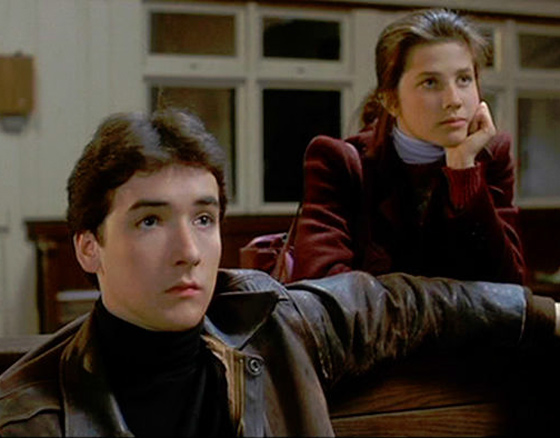
John Cusack lights up the screen in one of his most effervescent performances and creates a viable chemistry with Zuniga, whose character comes off initially very unlikable, but watching her icy exterior melt under Gib's charm is such a pleasure. A few familiar faces pop up along the way in supporting roles, including Anthony Edwards, Tim Robbins, John Putch, and a very classy cameo from Viveca Lindfors as a college professor. Nicollette Sheridan, who would gain fame later on television, is sex on legs, making her film debut in the title role, but it's Cusack in front of the camera and Reiner behind it that makes this one a winner.
In a movie decade that was all about teen comedies, 1985's The Sure Thing was a stand out piece of entertainment that works thanks to a charismatic performance by the star and a proven craftsman in the director's chair.

The story opens at a New England college right before Christmas vacation. Walter "Gib" Gibson (John Cusack) is a smart and funny loafer who can't get a date but his best friend, who is going to UCLA invites him to California, having arranged a date for him with a girl who will have sex with him, no questions asked. Allison Bradbury (Daphne Zuniga) is a tightly wound bookworm who writes down her entire life in her day planner and is planning a trip to UCLA to see her boyfriend, Jason, who is a law student there. Three guesses which two people end up hitchhiking to California together?

This sparkling romantic comedy is anchored by a smart and funny screenplay by Steve Bloom and Jonathan Roberts that actually is a contemporary re-thinking of the classic It Happened One Night where we find two people, who have absolutely nothing in common, thrown together in an impossible situation and, eventually finding romantic common ground. Yes, we know how this film is going to end about fifteen minutes in, but the journey there is so much fun and does offer a surprise or two along the way.

There are a couple of minor plot points that are hard to reconcile but don't get in the way of the fun. It's hard to buy this guy Gib is the smartest, funniest, and best looking guy on campus and can't get a date. I also didn't understand Gib's little fantasy sequences about the sure thing, a girl he's never met. Nevertheless, we let that go and enjoy the very slow burn of the relationship between Gib and Allison. It can't be denied that a lot of that burn is supplied, not through dialogue, but by the sensitive and detailed direction by Rob Reiner, who allows his camera's eye to tell as much of the story as the script does.

John Cusack lights up the screen in one of his most effervescent performances and creates a viable chemistry with Zuniga, whose character comes off initially very unlikable, but watching her icy exterior melt under Gib's charm is such a pleasure. A few familiar faces pop up along the way in supporting roles, including Anthony Edwards, Tim Robbins, John Putch, and a very classy cameo from Viveca Lindfors as a college professor. Nicollette Sheridan, who would gain fame later on television, is sex on legs, making her film debut in the title role, but it's Cusack in front of the camera and Reiner behind it that makes this one a winner.
Last edited by Gideon58; 09-10-20 at 01:51 PM.

